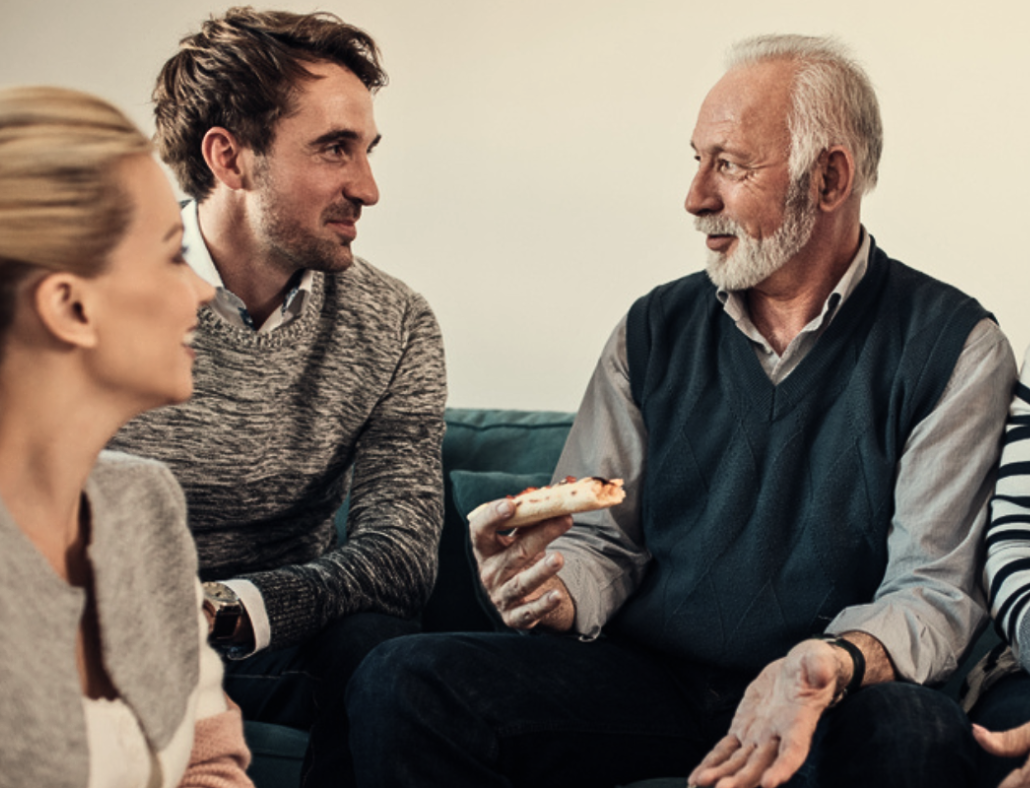Counselling Services
Gambling Help Service (GHS)
Together, we'll find a way to help you overcome gambling and gambling-related problems



Overview
The Gambling Help Service (GHS) offers free, confidential support for individuals experiencing gambling-related problems.
The GHS is an appointment-based service that provides you with a treatment plan through ongoing counselling.
Who is this service for?
The Gambling Help Service is for Queenslanders experiencing problems related to gambling.
We offer help for the person gambling, as well as for individuals, partners, and family members impacted by someone else’s gambling.

Before accessing help though the Gambling Help Service, gambling had taken over my life. I was very low and didn’t see friends and family. My counsellor has helped me so much. I feel so positive about everything that I want to tell everyone to do what I have done.
Tom, Gambling Help Service Client
,
How can I access the Gambling Help Service?
You can make an appointment with the Gambling Help Service by calling the Gambling Helpline at 1800 858 858.
You can also visit any RAQ venue where the Gambling Help Service is offered.
Locations
What do I need to know about the Gambling Help Service?
You can access gambling self-help resources and additional support by visiting the Gambling Help Queensland website.
Does gambling counselling work?
A Gambling Help counsellor will continue to work with you as long as you and your counsellor both see value in the work.
In 2024, 85.5% of our Gambling Help Service clients reported positive outcomes in these areas:
- Money
- Gambling
- Use of time
- Physical health
- Sense of identity
- Emotional wellbeing
- Connection and community
- Family and close relationships.
What kind of support does the Gambling Help Service offer?
The Gambling Help Service offers:
- Personal counselling
- Financial counselling
- Relationship counselling
- Community education and outreach
- Referral to relevant community organisations
- Support with self-exclusion from gambling venues and online self-bans.
I don’t gamble, but someone else’s gambling is impacting me – will you still help me?
We recognise when someone else gambles harmfully, it can impact their loved ones.
We offer support to anyone experiencing problems caused by gambling, even if you’re not the one who is gambling.
About half of Gambling Help clients are individuals who are impacted by someone else’s gambling.
What kinds of problems can gambling harm cause?
Gambling is a complex issue that can impact all areas of life.
Gambling harm, also known as “problem gambling” or a “gambling addiction,” can impact a person’s:
- Finances
- Relationships
- Mental health
- Physical health
- School and studies
- Work and employability
- Behaviour and situations with the law.
What are the signs of a “gambling problem”?
There are many signs that may indicate gambling harm, or a “gambling problem.”
Some common signs can include:
- Racking up debt from gambling
- Anger or sadness from gambling
- Gambling to try and earn a profit
- Constantly thinking or talking about it
- Missing work or school because of gambling
- Feeling like you can’t resist the urge to gamble
- Arguments with loved ones about your gambling
- Struggling to pay for essentials because of gambling.
Will I get in any trouble by contacting Gambling Help?
No – our Gambling Help Service is completely confidential. Our counsellors are here to support and empower you. We will not share your information with anyone.
Get in Touch
You can reach the Gambling Helpline 24/7 at 1800 858 858

